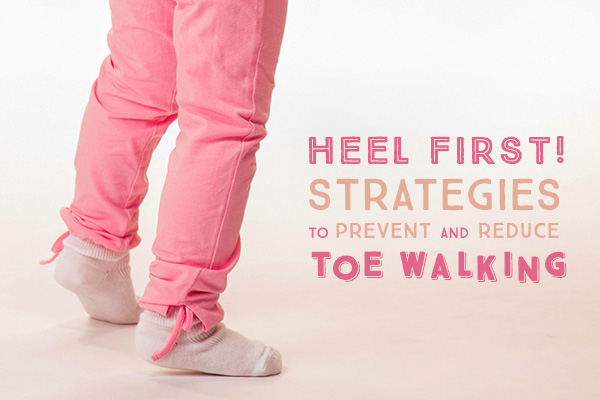
Causes and Consequences of Toe Walking
If your child is still toe-walking after age 2, there may be an underlying condition such as a short Achilles tendon that prevents the heel from touching the ground; a movement or muscular disorder such as cerebral palsy and muscular dystrophy; autism spectrum disorder, idiopathic toe walking or simply habit. For some toe-walkers, the vestibular system may not be giving the brain accurate information on body position and movement. Or, sensory processing disorder can make a child oversensitive to touch. These kids rise up on their toes to avoid uncomfortable surfaces or discomfort from the sensation of weight against their heels. They may also avoid socks, shoes and even bare feet. Consequently, toe walking can lead to pain in ankles, knees or hips; difficulty with squatting or climbing stairs; and decreased hip or core strength due to postural alignment issues.
Activities to Reduce Toe Walking
First, speak with your doctor to identify the underlying causes. Then follow up with a physical or occupational therapist to develop appropriate games and exercises, which may include the following.
Extend Range of Motion:
- With the child sitting or lying back, grab one foot in your hand (knee straight) and stretch the Achilles heel cord. Hold for 1 minute.
- Grab a wedge and have the child stand or walk up the wedge/incline
Do Animal Activities:
- Walk like a crab or bear with all fours on the ground.
- Try and walk like a penguin, heels down and toes up.
- Try a game of leapfrog, jumping, hopping, squatting and then leaping forward.
Strengthen Muscles:
Improve Balance:
- Balance on a wobble board.
- Walk across a balance beam, balance stones or floor spots.
- Stand on a round air cushion and balance.
Position the Feet:
- Wear high top shoes/rain boots/roller-skates and heavier shoes for better foot position.
- Place a wedge under the heel to encourage heel contact.
- Use inserts in shoes to promote good foot position
Increase Sensory Exposure:
- Tape squeakers on the bottom of the child's feet to encourage auditory feedback.
- If noise doesn't help, try wheeled shoes. Kids have to pick their toes up to roll.
- Encourage barefoot walking in the grass and sand. Indoors, try setting up an obstacle course with blankets of different textures.
- Make art using the feet with paint and paper.
- Use joint compression to wake up the ankles. Vibration may work as well.
- Wear scuba flippers to walk heel to toe
- March and stomp to make the entire foot have contact with the ground
The idea behind these movement strategies is to develop the whole foot, intrinsic foot muscles and lengthen the heel cord. Be creative and playful too -- like the parent who taught her child "to drive" by positioning the heel on the pretend-gas pump!
Explore our range of tools that target motor skill development.
This post was originally posted on 06/12/2018 by Ilana Danneman, PT. It was updated for accuracy and comprehensiveness on 04/27/2022.

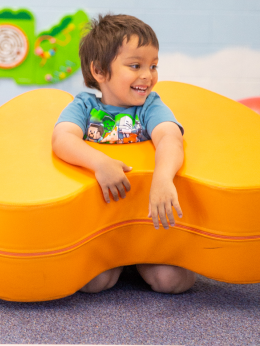



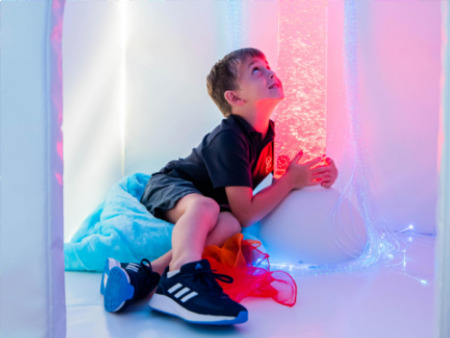

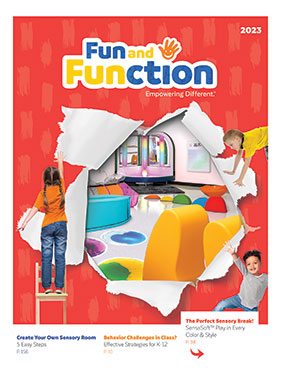








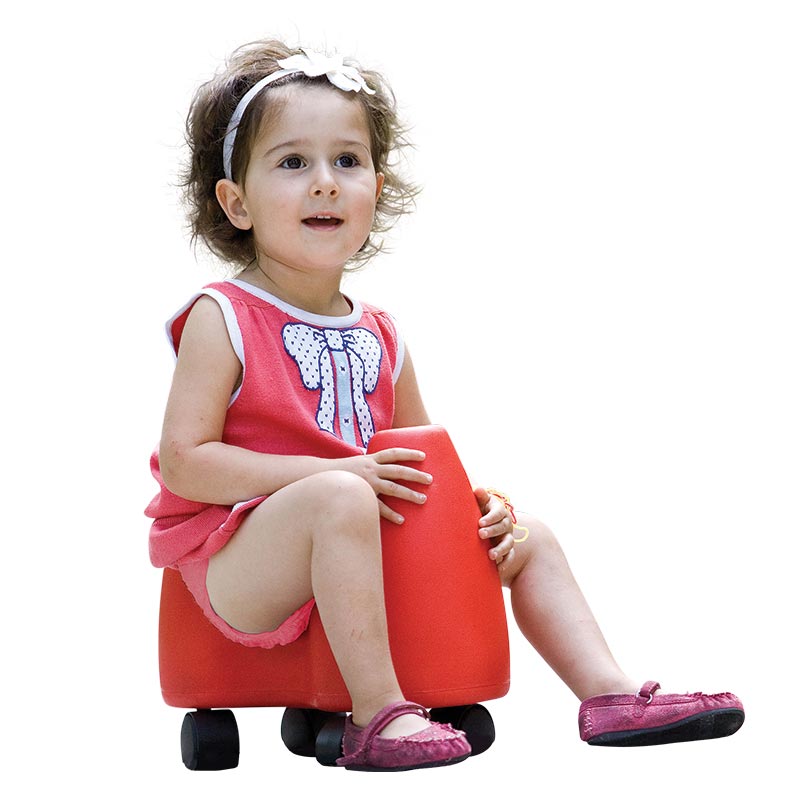

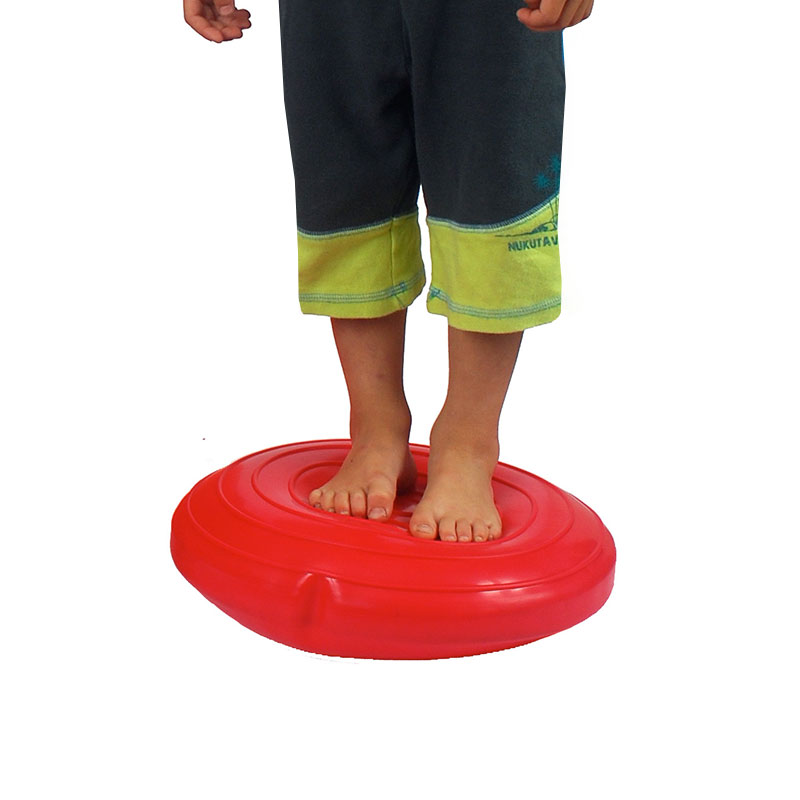





Comments